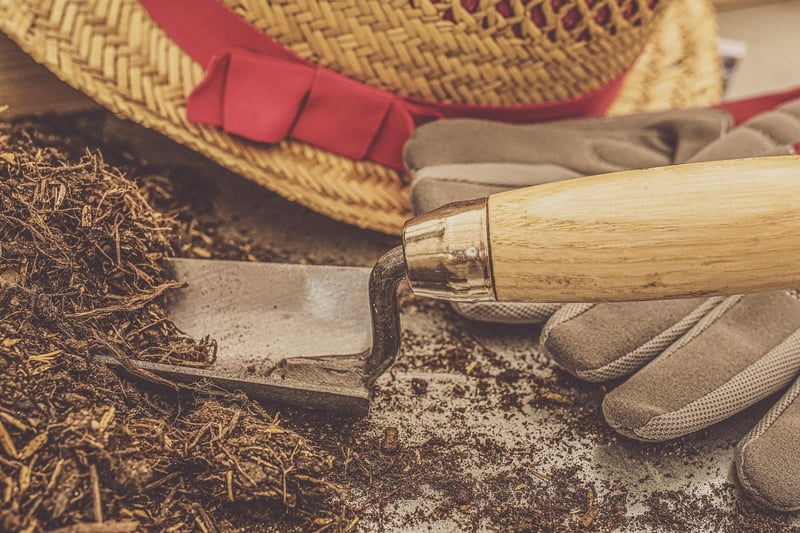Soil Maintenance
Essential Tips for Healthy Plants and Soil Maintenance
Introduction
Keeping your plants healthy and thriving involves more than just watering and sunlight. Proper soil maintenance is crucial for providing essential nutrients and a conducive environment for plant growth. Here are some essential tips to ensure your plants and soil are in optimal condition.
1. Choose the Right Soil
Start with the right soil for your plants. Different plants have different soil requirements. Ensure good drainage to prevent waterlogging and use nutrient-rich soil for optimal growth.
2. Regular Watering
Water your plants regularly but avoid overwatering. The frequency of watering depends on the plant type, soil, and weather conditions. Check the moisture level before watering.
3. Fertilize Appropriately
Provide your plants with the necessary nutrients by fertilizing them. Choose organic or synthetic fertilizers based on your plant's needs. Follow instructions carefully to avoid over-fertilizing.
4. Mulching
Use mulch to retain soil moisture, suppress weeds, and maintain soil temperature. Organic mulches like compost, bark, or leaves also enrich the soil as they decompose.
5. Weed Control
Regularly remove weeds from your garden to prevent them from competing with your plants for nutrients and water. Mulching can also help in weed control.
6. Monitor Soil pH
Check the pH level of your soil from time to time. Most plants prefer slightly acidic to neutral soil. Adjust the pH using additives if needed to create an ideal growing environment.
7. Proper Drainage
Ensure proper drainage in your garden beds to prevent waterlogging, which can lead to root rot and other plant diseases. Raised beds or adding organic matter can improve drainage.
8. Rotate Crops
If you have a vegetable garden, rotate your crops each season to prevent soil depletion and pest build-up. This practice helps maintain soil fertility and plant health.
9. Regular Inspection
Inspect your plants regularly for signs of pests, diseases, or nutrient deficiencies. Early detection allows for prompt action to prevent further damage.
Conclusion
By following these essential tips for healthy plants and soil maintenance, you can create a thriving garden full of lush, vibrant plants. Remember that proper care and attention to both your plants and soil are key to long-term success.

For more information on plant care and soil maintenance, consult with your local gardening center or agricultural extension office.
Happy gardening!
